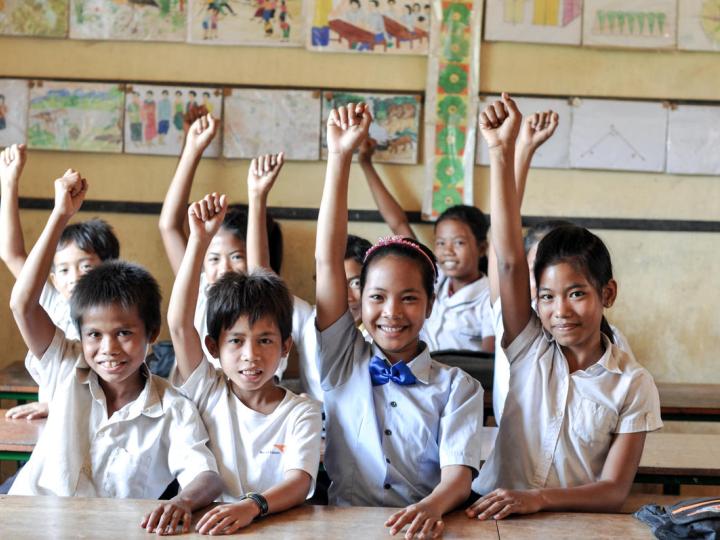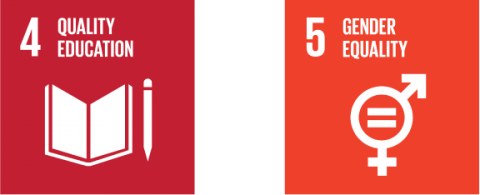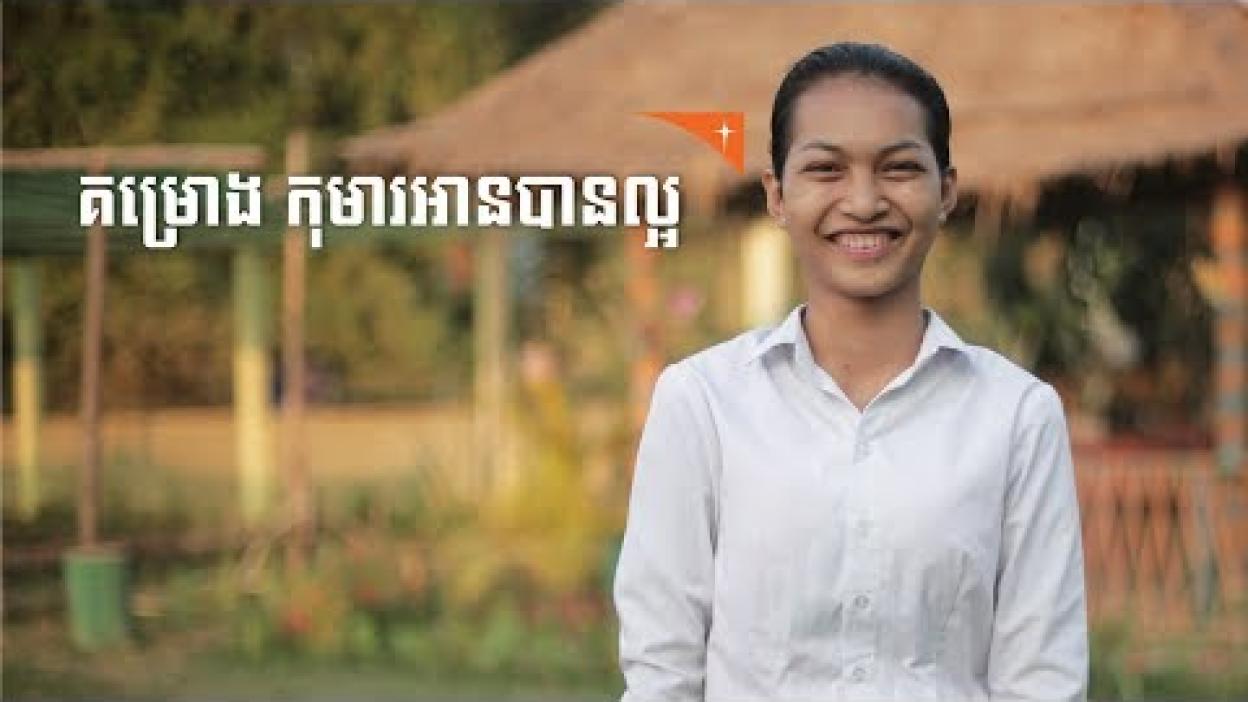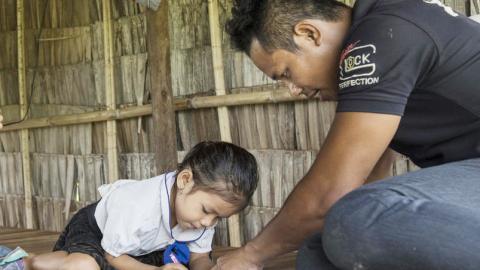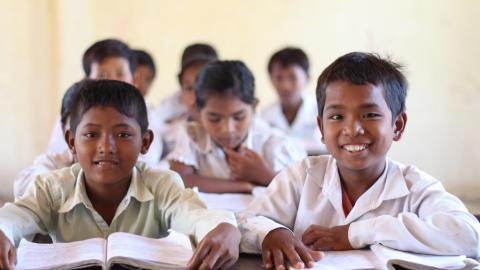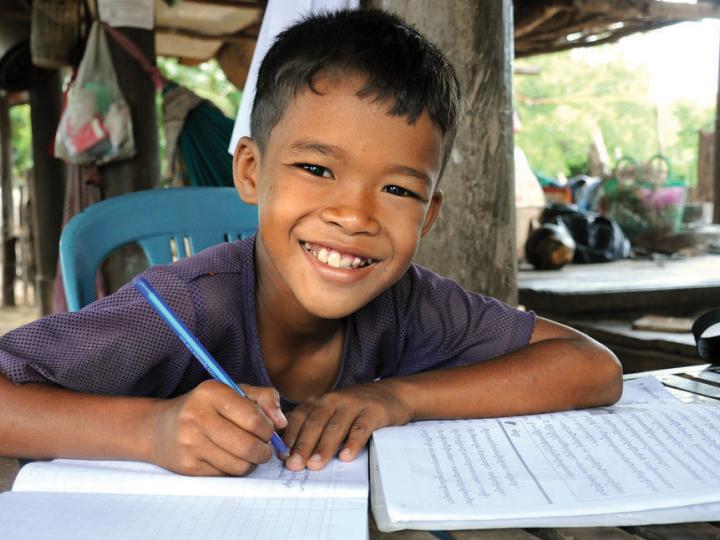In Cambodia, only 40 per cent of children ages 3 to 5 years old are enrolled in preschool. Each year 300,000 youth drop out of school looking for work. A recent report from IDELA highlighted that the proportion of parents and caregivers who promote learning for children, aged 3 to 6.5 years old is just 17 per cent. The lack of parental/caregiver support for education impacts a child’s chance of learning as they have to earn an income for their family. We work to change attitudes towards education by assisting families with financial stability so that children are able to go to school.
World Vision uses a literacy assessment tool designed to measure students’ progress in reading. It is used with grade 3 students enrolled in and attending a structured learning environment to measure the level of minimum proficiency in reading comprehension.
The 2018 survey by World Vision revealed that percentage of schoolchildren who read with comprehension by grade 3 is 39 per cent, while 46.5 per cent are assessed as ‘non-readers’ and 14.5 per cent are categorised as beginners in reading.
Our experience has shown us that families, schools, communities and the public and private sectors need to work together to help children develop these skills in and out of school, from early childhood through to adolescence.
Through our Education Programme, World Vision contributes to the achievement of the Cambodia Sustainable Development Goals (CSDGs) of Quality Education (4) and Gender Equality (5). World Vision is also supporting the implementation of the National Strategic Development Plan (NSDP) Rectangular Strategy goal of Strengthening and enhancing education, science and technology and technical training.
Children want to learn
Education Goal
Improve the quality of learning and life skill outcomes for children.
Education Objectives
Increased support by families and communities for children’s learning
Strengthened classroom and school-based instruction in literacy, math and life skills
Increased proportion of schools with quality learning environments
Government systems supporting children’s education strengthened
Poor households have improved incomes
